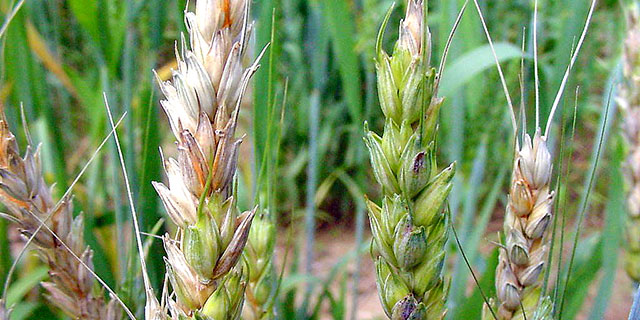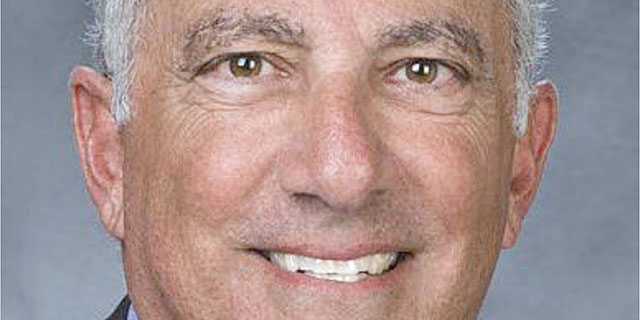With appeals still pending, Washington Ecology asks court to end 44-year-old adjudication
Published 3:30 pm Wednesday, June 23, 2021

- The Washington Supreme Court heard an appeal Sept. 28 of an $18 million fine against a trade group representing food and beverage makers for campaign reporting violations.
OLYMPIA — The Yakama Nation, a Central Washington irrigation district and a dozen landowners asked the Washington Supreme Court on Tuesday to order a lower court to reconsider their water rights.
The three appeals stemmed from Ecology v. Acquavella, the adjudication of water rights in the Yakima River Basin that began in 1977. Assistant Attorney General Stephen North asked justices to deny the appeals as untimely.
Water-right holders had chances to appeal “conditional final orders,” he said. Dozens of conditional final orders issued over about 30 years made up the final decree in 2019.
If the court doesn’t reject the appeals, Acquavella could go on “forever,” unsettling water rights throughout the basin, he said.
“Security of water rights precipitously drops if this court is asked to review decisions from decades ago,” said North, representing Ecology. “Every single drop of water in this adjudication mattered.”
Ecology calls adjudication — in which a court catalogs water rights — a “great” and “underused tool” for determining who gets water and for what purpose.
Ecology plans to adjudicate water rights in Whatcom County in northwest Washington and at Lake Roosevelt and its middle tributaries in Eastern Washington, beginning in 2023.
The Acquavella adjudication took 42 years from filing to final decree. It’s not over yet. The water-right holders in court Tuesday argued their appeals were timely because they are challenging the final order. Ecology’s position is that they missed out by not appealing steps along the way.
The Yakima-based Ahtanum Irrigation District claims the final decree erred by ordering it to close a head-gate between the end of irrigation season and April 15. Once closed, the head-gate prevents Ahtanum Creek from flowing into Bachelor and Hatton creeks.
The district argues the order wrongly classified the creeks as irrigation canals. Closing the head-gate disrupts the natural flow and forces irrigators to use a portion of their water right to rehydrate creek beds, according to the district.
In another appeal, the Rattlesnake Ditch Association, in the Upper Naches sub-basin, claims the final decree short-changed about a dozen landowners.
The lower court underestimated how much water seeps into the ground and evaporates as Rattlesnake Creek flows down a 2-mile ditch, the association claims.
Finally, the Yakama Nation seeks to amend the final decree to say that federal law governs how the Wapato Irrigation Project uses water, not the state court’s order.
Wapato, managed by the Bureau of Indian Affairs, serves the Yakama Indian Reservation. The final order decreed that its water right was to irrigate 120,000 acres. The tribe isn’t seeking more water, but doesn’t want to be limited to 120,000 acres. The U.S. Justice Department represents the tribe.
North said the tribe should have appealed sooner, but agreed that federal law controls how the reservation uses water. He asked the high court to simply clarify the final order, rather than remand it to the lower court.
North argued that the irrigation and ditch associations shouldn’t be given any relief. Acquavella moved slowly and water-right holders had their chances to appeal, he said.
“Going back to 1989, over 10 years after this case was filed, after this case commenced, the trial court was still trying to figure out with the help of the parties just how to eat the elephant,” North said.
“After 44 years, this court can and should conclude that this lengthy and complex adjudication is complete,” he said.
Acquavella determined surface-water rights in Benton, Kittitas, Yakima and a portion of Klickitat counties. In Whatcom County, Ecology also plans to adjudicate groundwater rights as well.






